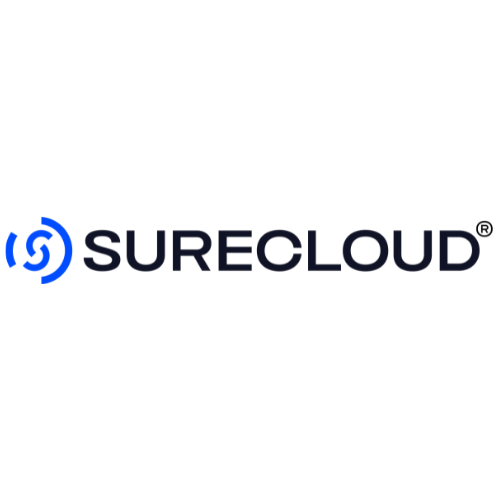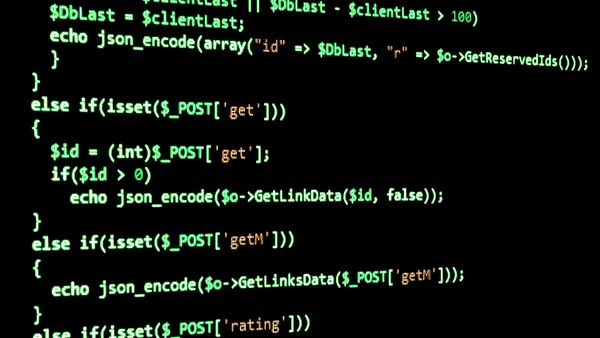Dive Brief:
- J&J Snack Foods lost an estimated $20 million in revenue in Q2 after problems transitioning to a new enterprise resource planning system disrupted production, executives said on a May earnings call.
- Issues implementing the new ERP system "created unforeseen temporary, operational, manufacturing and supply chain challenges" that contributed to a $7.6 million rise in operating expenses, CEO Dan Fachner said on the call. The snack distributor's foodservice and retail segments were most impacted.
- The company — which owns snack brands including ICEE and SuperPretzel — has made progress resolving challenges surrounding implementation. "We have all signs pointing towards that we are out of the worst of it," said Fachner.
Dive Insight:
J&J Snack Foods had timed its transition to the new ERP system during what's typically its slowest quarter for volumes. Still, implementation issues created major headwinds for the company and disrupted production of certain product lines including frozen novelties.
"The combination of our ERP delays and the ongoing inflationary challenges combined to have a marked impact on our margins," said CFO Ken Plunk.
Implementation challenges led to "picking and scheduling issues," according to Fachner. The company did not respond to a request for more details on operational impacts.
The snack distributor isn't the only one that's faced production issues stemming from ERP conversions gone awry. Mission Produce said challenges transitioning to its new system led to a lack of visibility into inventory and contributed to a $4.1 million increase in operating expenses.
Three-quarters of ERP transformations fail to stay on schedule or on budget, according to McKinsey. Around two-thirds have a negative return on investment.
"The typical implementation involves long phases of design, specifications, and blueprinting but yields no measurable impact — while shareholder value diminishes, day after day," the research group wrote in 2019.
J&J Snack Foods is transitioning to an enterprise platform provided by JD Edwards, which is owned by Oracle. The company's frozen beverage business, which includes ICEE products, was not affected by the conversion as the product line was already running on JD Edwards' platform.
The company shifted to an ERP system as it looks to build additional capacity and improve operating efficiency. Fachner called the transition "the largest and most necessary change required to strengthen our supply chain."
"Having a robust ERP platform provides a more seamless, integrated process from raw materials through production, warehousing, inventory management and electronic order fulfillment," he said.
















